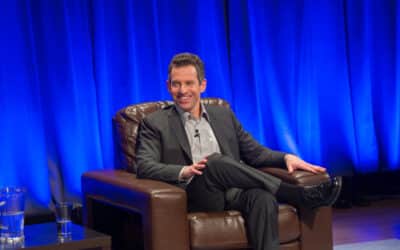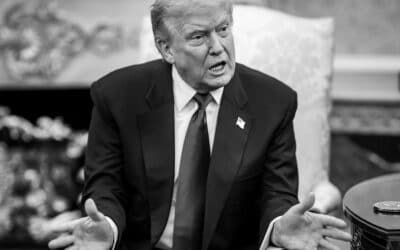This has always been a dishonest tactic, of course, since “consumers” of police “services” are forced to pay for the local monopoly police force, and have no other options. Government police forces have monopolized the marketplace and crowded out affordable private security through other means. Thus, calling the police to scare off some robbers on one’s property is no more hypocritical than a critic of the local power company who nevertheless turns on a lightbulb. It’s simply a matter of making do with a high-priced, low-quality monopolist when no competition is allowed.
Just how low these low-quality services are has become more apparent in recent months.
In the wake of yesterday’s church shooting in Texas, for example, private citizens were the ones who shot back at the assailant, and then chased him down in a high speed pursuit. The police did nothing but write some reports afterward.
RELATED: “After Vegas Shooting, It’s Time to Take Private Security Seriously” by Ryan McMaken
A few months earlier, as violence escalated during the Charlottesville riot in Virginia, the law enforcement agencies stood back and did little except crash a helicopter in the woods.
Worst of all, of course, is the fact that it took police an hour and 12 minutes to respond to the Las Vegas shooter who killed more than fifty people as he opened fire on a crowd near the Las Vegas strip. Although hotel security had reported the location of the gunman — who had shot a security guard — even before the shooting began, local police agencies waited more than hour before entering the shooter’s room. It remains unclear why the shooter stopped shooting after only about ten minutes, but we do know that he would have been free to keep shooting for a much, much longer period of time.1
Among advocates for private firearms ownership, the old joke is that “when seconds matter, the police are only minutes away.” In Las Vegas at least, the saying could be “when second matter, the police are only an hour (or more) away.”
RELATED: “5 Tricks Gun-control Advocates Play” by Ryan McMaken
Defenders of the police, of course, will claim that an hour of preparation was necessary in order to protect “officer safety.” But this also tells you a lot about how government police function: while a gunman is raining down gunfire upon a crowd of people, it’s officer safety that comes first, not citizen safety.
These, of course, are just some more recent examples. A multitude of historical examples remain, as well, including the Columbine school shooting in which local police agencies did nothing but seal off the area while the shooters remained untouched inside the school. The students and faculty trapped inside the school were on their own.
One might also point to the Waco Texas massacre in which police agencies, claiming to be rescuing women and children from the cultist David Koresh, decided to burn most of them to death instead.
None of this should surprise us.
It is established policy in the United States that police agencies have no duty to protect citizens, and are not liable for any harm that comes to citizens due to police inaction. In other words, the taxpayers are required to pay for “protection” from police. But the police aren’t required to actually provide services. One can only imagine the howls we’d hear if any private industry were allowed to function in a similar way.
So, we shouldn’t expect any reform or any other measure that will hold police accountable for doing so little to engage and stop violent criminals in times of extreme crisis.
If anything, we should expect police agencies to call for the taxpayers to pay even more for more police services. This, of course, is what happened in the wake of September 11, 2001. One of the worst security failures in American history — a failure allowed by the most well-funded security and police agencies in the world — did not lead to question of whether Americans are actually getting their money’s worth for the generous budgets that go year after year to federal law enforcement agencies. Instead, we were all told the taxpayers should be prepared to shell out even more money and give up even more of their freedoms.
The same is true of local police agencies. Police departments are ever hungry for more funding, for combat vehicles to use against the local population, and for more firepower.
But even when police are armed and equipped to teeth, arrests for petty drug offenses remain the priority, while car thefts, rapes, and assaults produce few arrests. As the police response to the riots on Ferguson Missouri showed, police are happy to protect government buildings and government property. Everyone else, it seems, is on his own.
- 1. The Las Vegas case and the Texas church case are very different of course. In one case, we’re dealing with a well-funded urban police force that failed to respond in a timely manner. In the Texas case, local police agencies were sparse and not equipped for a fast response to shootings. Both cases, however, illustrate it is folly to rely on police protection.






























